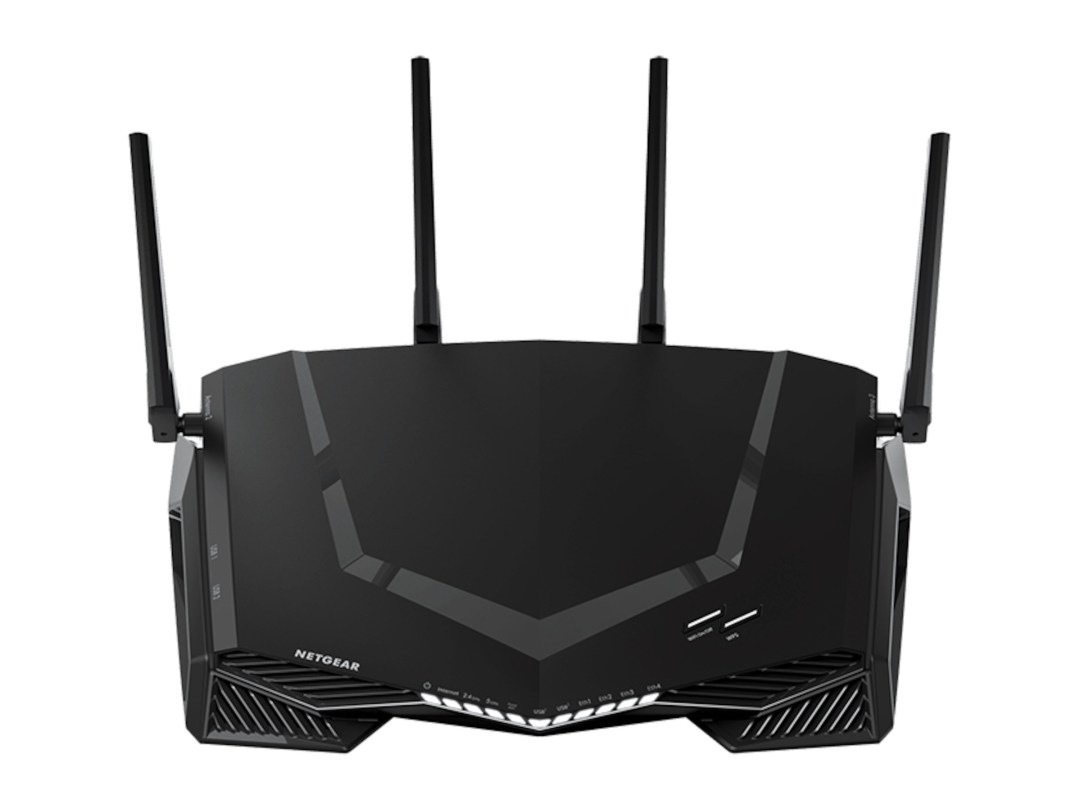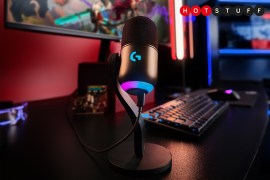The Futurist: Your Private Parts Exposed
Stuff’s crystal baller, Matthew Griffin, pulls our digital pants down on privacy

It’s time to let it go. It’s time to admit it.
What little digital privacy you think you had faded a long time ago. Give me two data points about you and within a couple of minutes I’ll probably be able to tell you more about yourself, your passions and neuroses, and your life, than perhaps even your partner knows. Give me another 20 or so minutes and there’s a high likelihood I can crack all of your devices and identify your login details too.
As for your biometric passwords? I’ll throw cracking those into the mix just for fun. Then I’ll send your connected home crazy, while I check in on your home cameras to make sure you fed your pets this morning… before holding your connected pacemaker, and perhaps the city you live in, to ransom.
Ah, the world of privacy and security. It isn’t what it used to be – and the ways in which cyber-criminals can hack into your particulars are becoming ever more sophisticated and ever more sneaky.
U OK, hun? You’re worrying us…
Look, all I’m saying is that, online, your privacy died a long time ago. And offline, thanks to so-called touchless biometrics, I can use hi-def cameras, CCTV and machine vision to identify you from your face, your fingerprints, your heartbeat, your voice, and even the way you dance – even if you’re walking around in a sheet in a crowd.
Although that sort of look has troubling connotations attached to it these days, whether it’s Halloween or not.
Er… how can this be possible?
Let’s just say sensors and AI have got much better recently. I can even use these same systems to quantify your character, your personality, and tell me if you’re healthy or if you’re lying.
Cameras these days can pick up much more than you think, including your blood pressure, from a distance. I can also use an AI firmware update to spy on you in your home in the same way, using your Wi-Fi router by turning it into the equivalent of a radar device in your home.
Who needs cameras anyway?
Great, so you’re watching us right now, you little pervert?
Just to be clear, I’m speaking hypothetically, and I’m not a spy; but using ultra-wide-band Wi-Fi radio waves for this purpose definitely exists.
As for bypassing your biometric security, AI has got very good at creating synthetic biometric master keys – one fake fingerprint or faceprint to unlock all your devices.
It’s very fast and very accurate at guessing and cracking passwords – so before you know it, everything is connected to criminals lurking everywhere at the end of a wire.
Excuse us for a moment while we wrap everything in tin foil… but what about bots?
Well, take robo-hackers like Mayhem, used by the Pentagon for cyber-defence. They can hack systems hundreds of millions times faster than human hackers.
And then there’s your biometric identity. With a deepfake-like AI, I could use just a minute of audio to copy your voice and all your intonations perfectly. Recently this tactic was used to con the CEO of an unnamed UK energy firm out of £200,000.
The CEO believed he was on the phone with his boss, the chief executive of the firm’s German parent company, and followed his orders to immediately transfer the money to the bank account of a Hungarian ‘supplier’.
So yeah, that means access to your bank account isn’t too tricky to achieve either. Another cheery thought for you. Thanks, Matt out.



